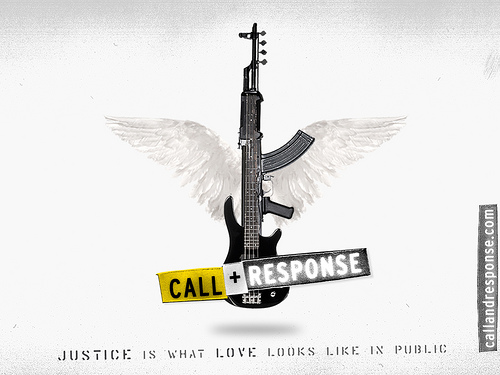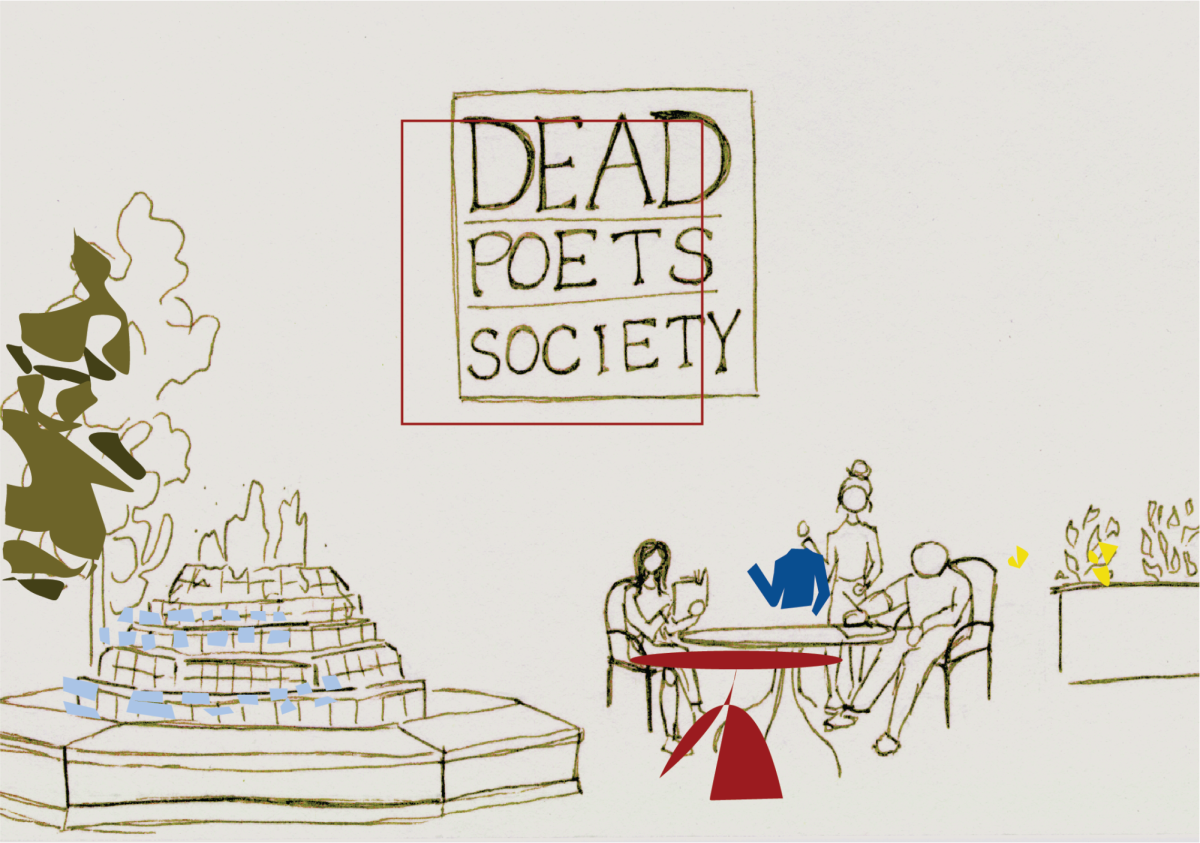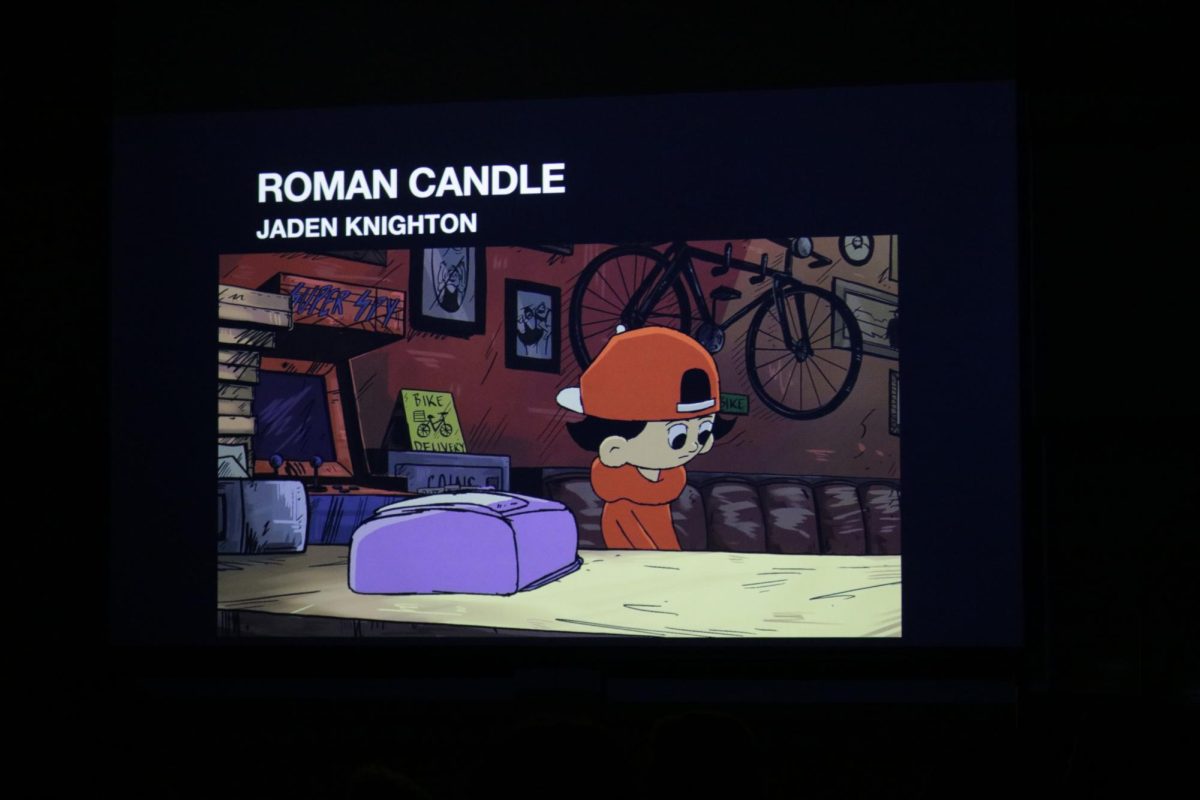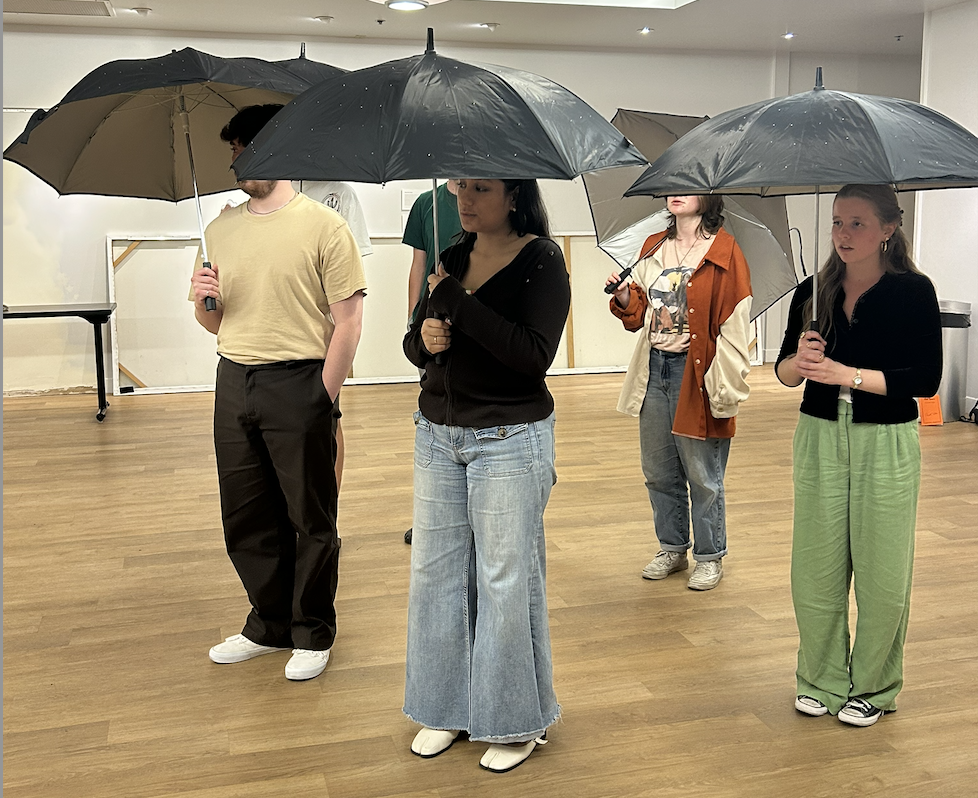When we think of slavery, we imagine a more barbaric time in the pages of history books. But most of us are also more or less familiar with human trafficking, which has been called modern day slavery. According to a new documentary by musician and first-time director Justin Dillon, there are actually more slaves now than any other time in history.
Modern day slavery, as the documentary points out, is not to be confused with immigrant smuggling, voluntary prostitution, or low pay in harsh labor conditions. It is exactly what it sounds like: human beings, mostly women and children, are bought and sold as property and forced to work without pay. Interviews with scholars and activists, as well as raw footage, show how trafficking rears its ugly head in a variety of ways: rape and forced prostitution with girls and boys as young as three years old, child soldiers, and unpaid labor that ends up on our retail shelves. Because of their vulnerability, young kids are the targets of choice.
The documentary begins with disturbing images right away. Gritty black and white footage, courtesy of an investigator’s spy camera, allows us to see a brothel in Cambodia where little children are asked – in baby talk – if they can do sexual intercourse. While the audience is still trying to stomach this, the documentary awkwardly cuts to a video of the Cold War Kids performing their 2006 hit, “Hang Me Up To Dry.”
“Call + Response” could have simplistically used the likes of Matisyahu, Natasha Bedingfield, Talib Kweli, Imogen Heap, Switchfoot, and other artists to get young people’s attention enough to sit through the interviews and dismal footage. But as the movie progresses, the transitions with the songs are smoother and more emotionally compelling – and their inclusion has a point.
Cornell West gives Dillon a crash course in rock ‘n’ roll history. Music was instrumental in resistance movements, giving a voice to oppressed people. The title of the film is a reference to early African American music in the days of race-based slavery. Activists and artistic creativity are intrinsically connected in a ricocheting, call-and-response relationship. Realizing this has certainly helped Dillon create a solid first film.







